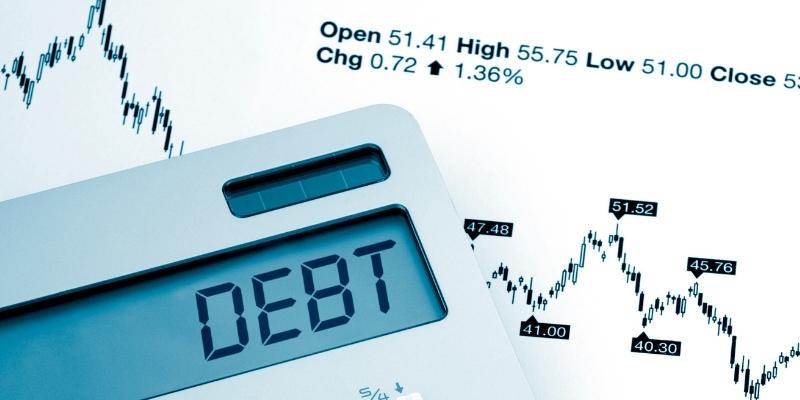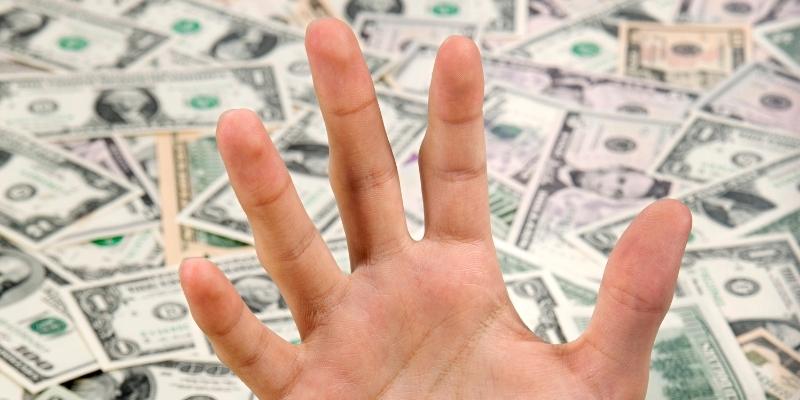Should I Pay Off Debt or Invest: A Complete Guide
Oct 30, 2023 By Susan Kelly
When you have excess cash, you're typically confronted with a choice: pay off debt or invest the cash. Always weigh your options in light of your specific requirements and objectives. Just remembering a few guidelines can help set you on the right path.
Before deciding whether or not to begin investing, you should know that doing so is only an option if you have spare cash. Whether you make extra payments toward paying off your debt faster or invest that money elsewhere is a personal decision. Always make your regular loan payments first. It's natural to think that paying down debt is the best use of any spare cash.
Paying off your loan will save you a ton of interest fees, leaving you with more cash to put toward principal or other loans. No, that's not always the case. You may be better off keeping to your original repayment plan and investing the money you would have put toward the loan. Before taking any action, please consider the following.

Pay Off Debt or Invest: Points To Consider
While it's possible to do both investing and debt repayment simultaneously, you may choose to put more of your time and resources into one or the other. The following considerations should be high on your list when you weigh your options.
Analyze Various Interest Rates.
Generally speaking, you can anticipate earning more money through investing than you would lose if you did not pay off your debt. For instance, if you invest your money in a stock market index fund that earns a return of 10 percent per year, you will be in a better financial position than if you used that same amount of money to pay off your student loan debt, which has an interest rate of 5 percent.
However, if most of your debt is carried on credit cards, it is almost certainly more beneficial to pay off those cards first. It is because the average interest rate on credit cards is almost 20 percent, as stated by the credit card database.
Take Into Account Your Credit Score.
Paying off your debts can boost your score if you currently have a low credit score. The credit utilization ratio or the amount of credit you use is compared with the total amount available. It is an important component used for determining your credit score. Suppose the overall amount of debt you currently have is very close to the maximum amount of debt. In that case, you are allowed to have that is, if your credit cards are at their maximum limit, then this can have a significant and detrimental effect on your credit score.
Look About Your Overall Debt-to-Income Ratio
Consider your total debt load when deciding whether to invest money or make extra payments on your debt. The ratio of your debt to your pretax income is one of the most popular (and straightforward) measures of financial health. You can easily gauge your financial well-being by looking at your debt-to-income ratio. Professionals recommend keeping debt at no more than 30% of pretax income. If your annual income before taxes is $50,000, you shouldn't have more than $15,000 in debt.
Whenever possible, put any funds over and above what you owe toward reducing that balance. It would help if you aimed for a debt-to-income ratio of no more than 30%, though your financial advisor may advise you to take on more or less debt, depending on your unique situation. It will take you some breathing room in the event of sudden expenses or income drop. This method can help you avoid being too aggressive and going into debt.

Check The Rate Of Interest You Are Paying Against The Potential Rate Of Return
Even if you have a low level of debt about your salary, this won't help you much. It is now time to consider the costs and advantages of investment. Consider the interest rate on your debt in light of the potential investment return. You need to look around if you want to find a portfolio and investment strategy that works for you and your comfort level with risk.
After estimating your potential return, you should evaluate it in light of your interest rate. If the interest rate you pay on your debt is higher than the rate of return you can expect from your investments, it makes financial sense to put your money in the stock market. You should prioritize debt repayment if your expected rate of return is lower than your total interest cost.
Understand Good And Bad Debt Difference
Good debt describes any loan used to acquire an asset with the potential for capital appreciation. When you consider that mortgages typically have interest rates in the low to mid-single digits and home prices rise over time, it's easy to see why they're the prototypical good debt.
Investment in the stock market while carrying excellent debt can be a smart way to diversify holdings, increase wealth, and cushion retirement savings. Any loan used to purchase a depreciating asset or pay for an expense is considered bad debt and will always reduce your return on investment. It will help if you avoid credit card debt at all costs.
Conclusion:
Rules of thumb are recommendations, and there will always be exceptions. If you find this one does not exactly apply to your situation, take it with a grain of salt. Per the Securities and Exchange Commission, no investment can provide a reliable return of 18% or more compared to the fees associated with your high-interest credit cards. If you are dealing with extremely high-interest debt, you should focus on that first, specifically the card or loan with the highest rate. However, the typical person should always be making progress each month toward both saving for retirement and paying off debt.








